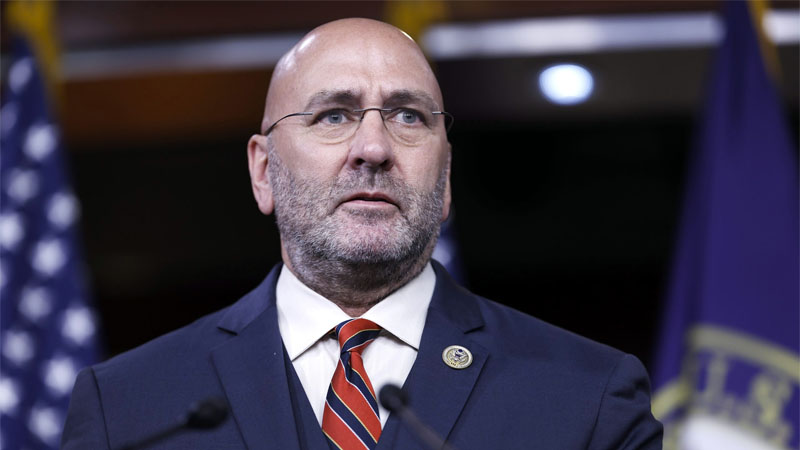Exclusive content

In a renewed effort to safeguard American consumers, U.S. Representatives Clay Higgins and Troy Carter have reintroduced the Destruction of Hazardous Imports Act. This legislation targets a persistent vulnerability in the nation’s food safety net, aiming to grant the Food and Drug Administration (FDA) the power to destroy imported seafood deemed unfit due to contamination.
The bill addresses a pressing public health concern amid growing volumes of seafood imports. Its proponents argue that it will bolster consumer protection by ensuring that hazardous products are permanently removed from circulation, rather than merely redirected elsewhere.
The Loophole in Seafood Import Regulation
Under current rules, seafood imports that fail FDA inspections can be refused entry and exported to another country. Yet this process harbors a flaw: only a small fraction of imports are inspected, allowing unscrupulous traders to reexport contaminated products back to the U.S., betting on lax oversight to slip through undetected.
Representative Higgins has sounded the alarm on this gap, declaring, “Billions of pounds of uninspected seafood continue to enter our country, causing major health concerns.” He insists that foreign shipments must match the stringent standards imposed on American producers, adding, “In my opinion, foreign products don’t even come close to the quality of Louisiana seafood.”
A Stricter Approach to Food Safety
The Destruction of Hazardous Imports Act offers a decisive fix: authorizing the FDA to destroy seafood that fails safety checks, thus thwarting any chance of reexportation. This shift would mark a significant departure from the current practice of returning rejected shipments to foreign suppliers, a step critics say does little to deter substandard practices.
John Williams, Executive Director of the Southern Shrimp Alliance, backs the measure, arguing, “Giving these products back to the foreign shipper does little to incentivize them to address safety problems before shipping products to this country.” He stresses that “imported shrimp and seafood products that are potentially dangerous for consumers need to be destroyed.”
Legislative Efforts and Industry Backing
This is not the bill’s first outing. Higgins and Carter tabled a similar proposal last year, only for it to stall before the congressional session ended. Reintroduced in the new Congress, the legislation now seeks to gain traction, buoyed by bipartisan support from Louisiana lawmakers keen to protect both public health and their state’s seafood industry.
Representative Carter frames the bill as a dual-purpose tool: “This legislation will protect Louisiana’s health and support our seafood economy. By granting the FDA the necessary authority to destroy food products that fail to meet our strict health and safety standards, we are closing a dangerous loophole that has allowed contaminated seafood to enter our markets.”
Should the bill pass, it could herald a sharper edge to America’s food safety regime. By barring contaminated seafood from reentering the supply chain, it promises not only to shield consumers but also to reinforce the competitive standing of domestic producers adhering to high standards.